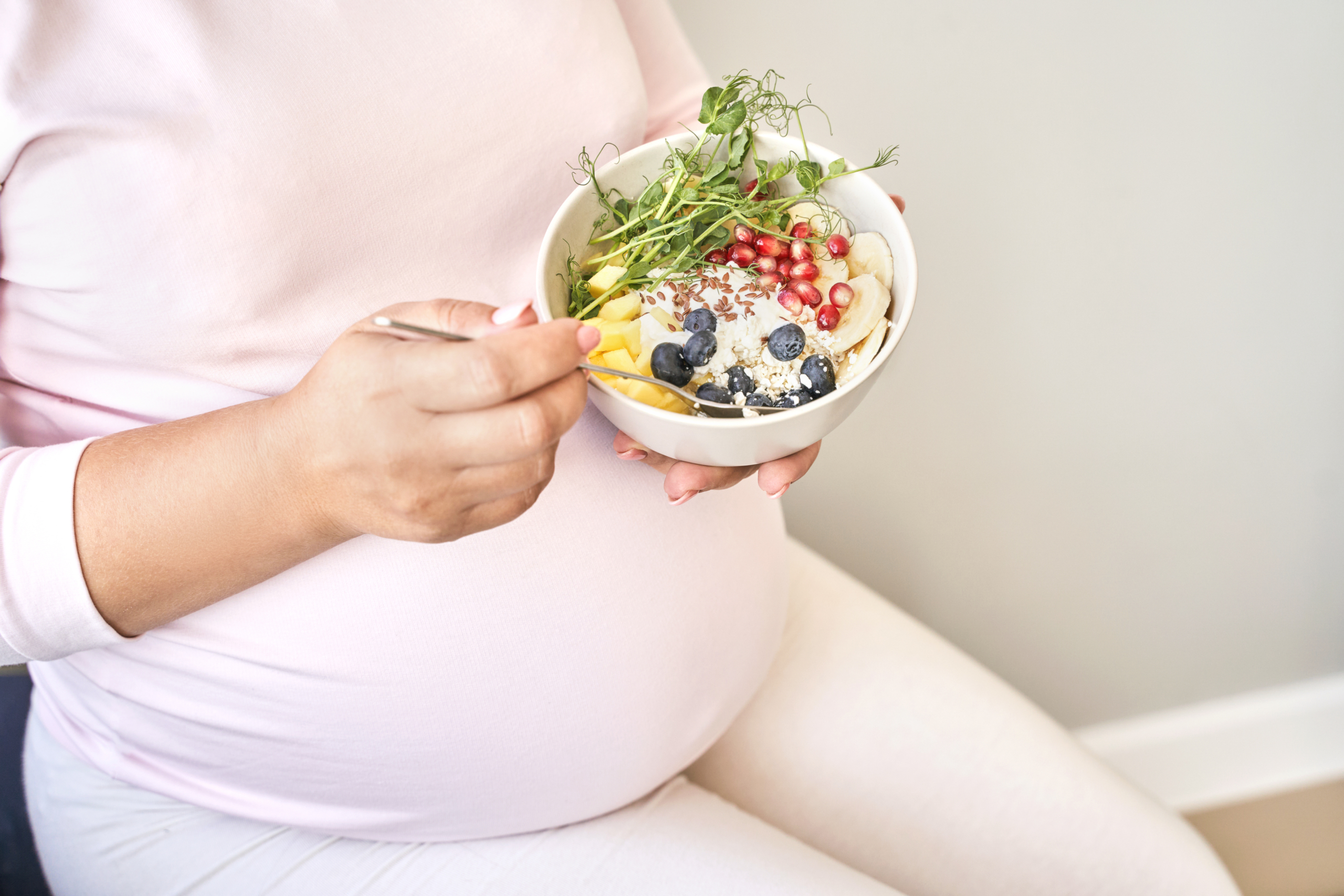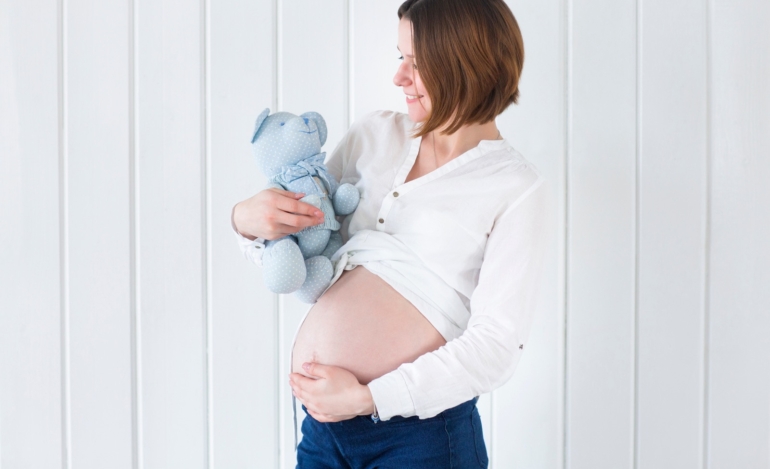Pregnancy Diet: What Every Expecting Mom Should Know
Your body is doing something amazing—it’s creating life! And what you eat during this time can have a powerful impact on your baby’s development and your own well-being. That’s why having a smart and balanced pregnancy diet matters more than ever.
In this guide, we break down the key nutrients you need, which foods to prioritize (and which to avoid), and how to stay nourished through every trimester. Whether you’re battling cravings or just want to make the healthiest choices, this is your go-to resource for pregnancy nutrition done right.
Why Diet Matters During Pregnancy
Pregnancy increases your need for calories—but quality matters more than quantity. You’re not really “eating for two” in the traditional sense. Instead, you’re fueling your body with the building blocks needed to grow a tiny human: proteins for tissue, calcium for bones, folate for the brain and spine, and iron for oxygen-carrying blood cells.
A well-rounded pregnancy diet can help:
- Promote healthy fetal growth and brain development
- Prevent common pregnancy complications like anemia or gestational diabetes
- Boost your energy levels and support immune function
- Reduce nausea, constipation, and other discomforts
- Support a smoother labor and recovery
Key Nutrients for Pregnant Women
Let’s break down the essentials you should be getting from your food and prenatal vitamins:
- Folate/Folic Acid: Crucial for neural tube development. Aim for 600–800 mcg daily.
- Iron: Needed for red blood cell production. Pair iron-rich foods with vitamin C for better absorption.
- Calcium: Supports your baby’s bones and teeth (and protects yours). You need about 1,000 mg per day.
- Protein: Builds tissues and cells—aim for about 75–100 grams daily.
- DHA (Omega-3s): Supports baby’s brain and eye development.
- Vitamin D: Helps your body use calcium effectively. Sunlight + food sources like fortified milk help here.
Best Foods for a Healthy Pregnancy Diet
Here’s your go-to grocery list of nutrient-packed pregnancy-friendly foods:
- Leafy greens: Spinach, kale, and romaine are loaded with folate and fiber.
- Whole grains: Oatmeal, brown rice, and whole wheat bread offer steady energy and iron.
- Lean proteins: Eggs, chicken, turkey, and beans help build tissue and muscle.
- Dairy or dairy alternatives: Yogurt and milk provide calcium and vitamin D.
- Fruits and vegetables: A rainbow of produce gives you fiber, vitamins, and antioxidants.
- Healthy fats: Avocados, nuts, seeds, and fatty fish like salmon deliver brain-boosting DHA.
Foods and Drinks to Avoid
Some foods pose a higher risk during pregnancy due to bacteria, toxins, or high mercury levels. Here’s what to skip:
- Raw or undercooked meat, eggs, or seafood (risk of listeria/salmonella)
- Unpasteurized dairy or juice (risk of bacterial contamination)
- Deli meats and hot dogs unless heated until steaming
- Fish high in mercury like swordfish, king mackerel, and shark
- Excess caffeine (limit to 200mg per day)
- Alcohol—no amount is proven safe during pregnancy
Tips for Eating Well Through All Three Trimesters
First Trimester
Morning sickness can make eating a challenge. Stick with small, frequent meals. Ginger tea, crackers, and bland foods can ease nausea. Focus on folate-rich foods and hydration.
Second Trimester
Your appetite usually returns. This is the time to load up on iron and calcium. Add hearty salads, whole grains, and protein-rich snacks. Baby’s bones and organs are developing rapidly!
Third Trimester
Heartburn and feeling “full fast” are common. Try lighter meals, eat slowly, and avoid lying down right after eating. Potassium-rich foods like bananas can help prevent cramps.
Pregnancy Cravings vs. Nutrition Needs
Yes, cravings are real—and most are harmless! But if you’re craving non-food items like dirt, clay, or ice (a condition called pica), it could be a sign of a nutrient deficiency. Talk to your provider if anything unusual comes up.
When it comes to sweet or salty cravings, moderation is key. Try to satisfy cravings with nutrient-dense alternatives like:
- Frozen yogurt or fruit smoothies for ice cream
- Air-popped popcorn for chips
- Dark chocolate in small amounts
FAQs About Pregnancy Diet
Can I be vegetarian or vegan while pregnant?
Yes—but planning is essential. Make sure you’re getting enough protein, iron, vitamin B12, calcium, and DHA from plant-based or fortified sources. You may need additional supplements.
How much weight should I gain?
It depends on your starting weight. Generally, 25–35 lbs is recommended for women with a healthy BMI. Your OB will guide you on the right target.
Do I really need prenatal vitamins if I eat well?
Yes. Even with a great diet, it’s tough to get enough folate, iron, and DHA from food alone—especially early in pregnancy. Prenatal vitamins help fill the gaps.
Final Thoughts: Fueling the Future, One Bite at a Time
A healthy pregnancy diet doesn’t mean perfection—it means making intentional, nourishing choices most of the time. Focus on variety, balance, and listening to your body. With the right foods on your plate, you’re giving your baby the strongest start possible and supporting your own well-being along the way.
Every bite is a building block for your baby’s future. Nourish with love, eat with intention, and enjoy this incredible season of life.




